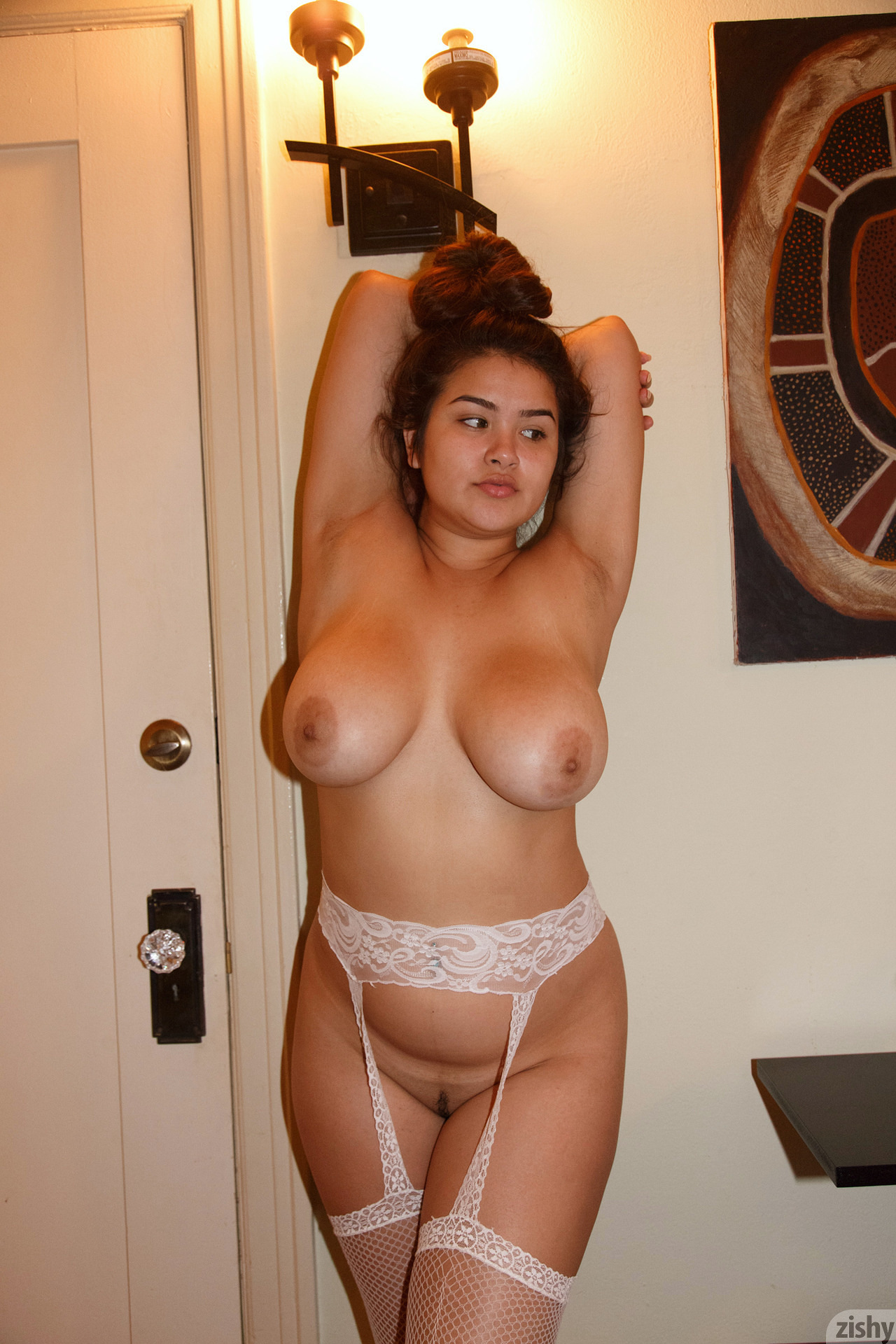- For Orders 812-070-3692
- donations@example.org
- Monday to Friday 9am to 5pm

Sex and sexuality have always been a part of the human experience, and as such, they have been a source of inspiration for countless artists and writers throughout history. One form of artistic expression that has gained popularity in recent years is erotic literature, also known as “+18 stories” or “erotic stories”. Despite the widespread availability of explicit sexual content online, many people still view erotic literature with suspicion or even outright disdain. However, I would argue that this form of expression is not only legitimate but also valuable and enriching.
To begin with, it is important to understand that erotic literature is not just about sex. Like any other form of literature, it can explore a wide range of themes and emotions, from love and desire to power and domination. The explicit sexual content is often used as a way to delve deeper into these themes and to provide a more visceral and intense experience for the reader.
Moreover, erotic literature can be a powerful tool for personal growth and exploration. By reading about and imagining different sexual scenarios, people can gain a better understanding of their own desires and boundaries. This can lead to more fulfilling and satisfying sexual experiences, both alone and with a partner.
Of course, it is important to approach erotic literature with a critical eye and to be mindful of one’s own boundaries and limitations. Like any other form of media, it can be used in harmful or exploitative ways if not handled responsibly. However, this does not mean that we should dismiss it outright or view it as inherently inferior to other forms of expression.
In fact, many respected authors and literary figures have explored erotic themes in their work, from the Marquis de Sade and Anaïs Nin to more contemporary writers like Nicholson Baker and Bret Easton Ellis. These authors have used eroticism as a way to explore complex ideas and to challenge societal norms and taboos.
Furthermore, erotic literature can be a safe and consensual alternative to pornography. While pornography can be a valid form of sexual expression for some people, it is often criticized for its objectification of women and its lack of emotional depth. Erotic literature, on the other hand, can provide a more nuanced and complex portrayal of sexuality and tv porno gratuite desire.
In conclusion, erotic literature is a legitimate and valuable form of expression that deserves our respect and attention. By exploring themes of sex and sexuality in a thoughtful and nuanced way, it can provide a unique and enriching experience for readers. As with any form of media, it is important to approach it with a critical eye and to be mindful of one’s own boundaries and limitations. But we should not dismiss it outright or view it as inherently inferior to other forms of expression. Instead, let us embrace it as part of the rich tapestry of human creativity and imagination.
